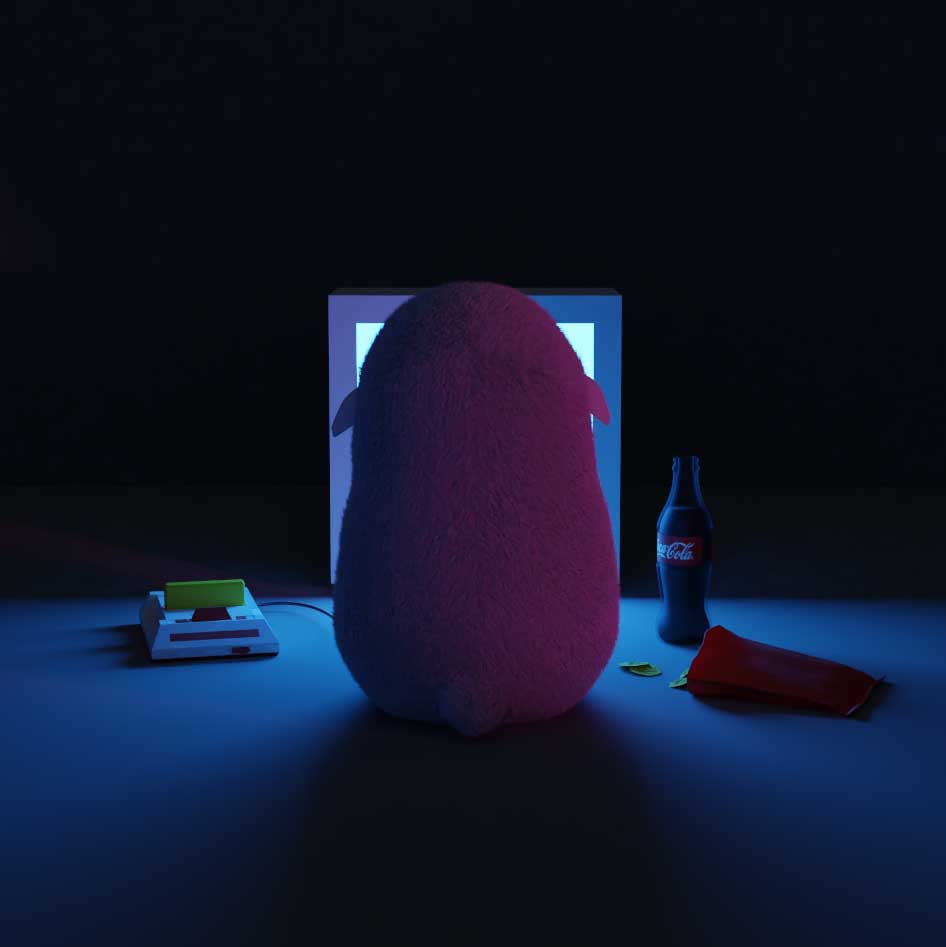About Me
Designer / Programmer / Lifelong Learner
Although I insist I am an interaction designer focusing on UX field in various interview occasions. However, due to various realities, I have been moving towards the direction of a full-stack designer. Therefore, in my resume or self-introduction, I have eliminated the self-description I am an interaction designer and streamlined it to I am a designer.
Interaction design (UE/UX) and user interface design (UI) are inextricably linked and both are part of user experience design. In other words, interaction design and UI design are complementary and integral to each other throughout the product lifecycle. Most of the people I have contacted say “I understand”. But in the actual workflow, there is a lot of blurring of the nature of interaction design and user interface design, or a lot of people think “interaction design is a temporary role that is only needed during the design phase of a product from 0 to 1, and is not needed when a product enters the iteration phase. ”
I chose UX design because I wanted to understand the feeling and impact of my design on users, which requires not only researching user journeys, usage scenarios and user profiles in the early stage of product design, but also tracking user behavior, analyzing user data and getting user feedback in the later stage of the product. I think design with feedback is the real design.
I was very fortunate to have met many people along my career path who were willing to give me the opportunity to try out ideas, allowing me to learn so many skills and participate in many innovative projects. All these experiences and exercises have helped me to become a qualified designer - one who can do research, design, data analysis and get user feedback independently and continuously improve.
The world is changing so fast that if we confine ourselves to a fixed role, we will be left behind by the world one day. I would like to end here with a quote from Andy Grove, thank you for reading this.
I have long held that each person, whether he is an employee or self-employed, is like an individual business. Your career is literally your business, and you are its CEO. Just like the CEO of a large corporation, you must respond to market forces, head off competitors, take advantage of complementors and be alert to the possibility that what you are doing can be done in a different way. It is your responsibility to protect your career from harm and to position yourself to benefit from changes in the operating environment.
– Only the Paranoid Survive , Andrew Stephen Grove

